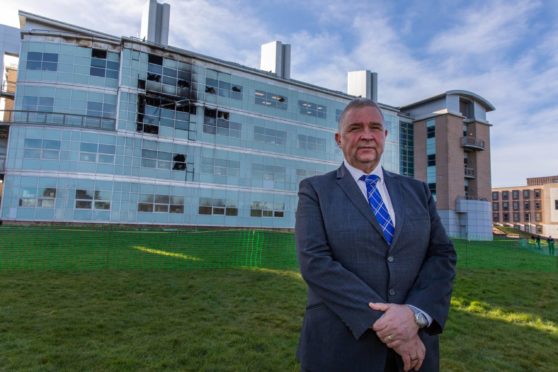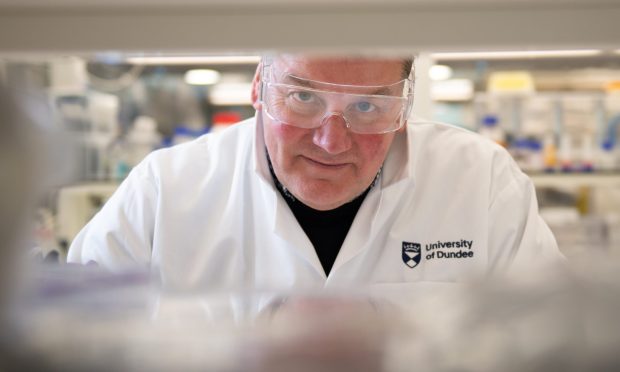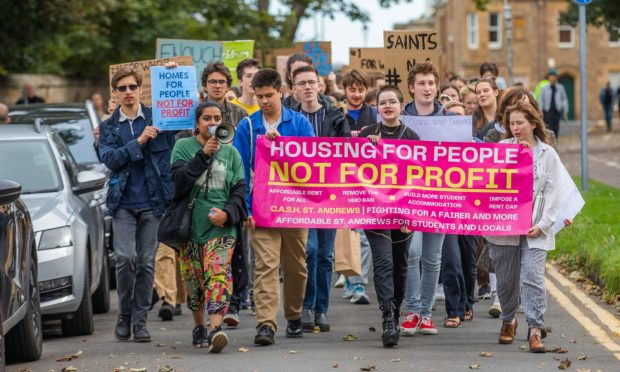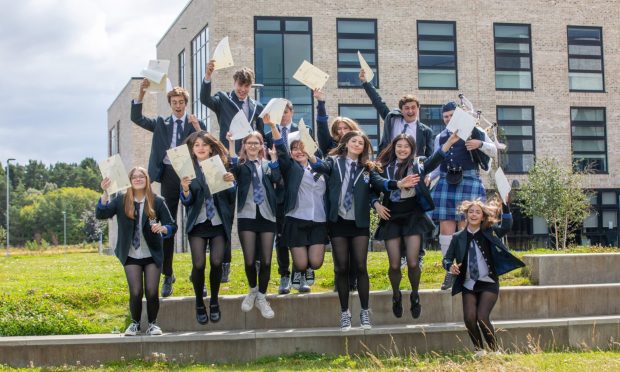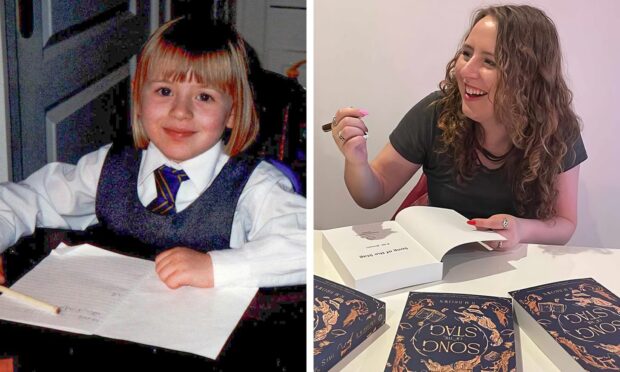St Andrews University is facing an “unknown horizon” as it seeks to absorb a £14 million hit in its income due to coronavirus.
University Quaestor and Factor Derek Watson, has conceded the institution is preparing for an uncertain future with no sign of Covid-19 restrictions being completely lifted any time soon.
Giving an update to local councillors, Mr Watson said the release of students from their accommodation contracts at the start of the national lockdown had resulted in a £10m loss from residential business last year, but suggested that figure could be as high as £14m this year.
Covid-19 has also had an impact on the university’s research efficiency, which Mr Watson said had been “compromised” as fewer people were able to work in labs due to social distancing and less access to resources.
However, Mr Watson said everyone at the university is hoping conditions will improve soon and has called for more widespread testing to be made available in and around the town.
The vast majority of students have been told not to return to St Andrews for the rest of the semester, with online learning continuing until the session finishes in May.
“We think it is likely the travel restrictions will persist, especially travel into Fife, into Scotland, into the UK, and while we did carefully manage that and students were catered for, we do think it will have an impact next year,” he said, describing the next academic year and beyond as an “unknown horizon”.
“We were delighted when we saw the community testing centre and asymptomatic testing set up, but we continue to push for wider testing of university staff and of the public, even on an asymptomatic basis.”
Concerns have been raised about the possibility of St Andrews students trying to claim compensation, given the disruption to ‘normal’ university life as a result of Covid-19.
Despite that, Mr Watson said online learning has gone well and stressed that in-person teaching has been facilitated for those who need it – such as medical and science students and final year students who required physical access.
He added: “We’re not anticipating funding claims for payback of fees.”
Mr Watson said applicant demand and retention levels remain high at St Andrews and plans to continue the university’s growth are continuing.
Those include new student accommodation at Albany Park and the site known as ‘Gap Site 3’ at the North Haugh, and further development at the Eden Campus in Guardbridge.
Work on the university’s science building, which was badly damaged by fire in 2019, is ongoing and is expected to fully reopen by the summer of 2022.
The university is also currently working on an ambitious carbon emissions plan to make the institution Net Zero by 2035 – a decade ahead of Scottish Government targets.
“We think if we can show leadership then society can achieve it,” Mr Watson said.
